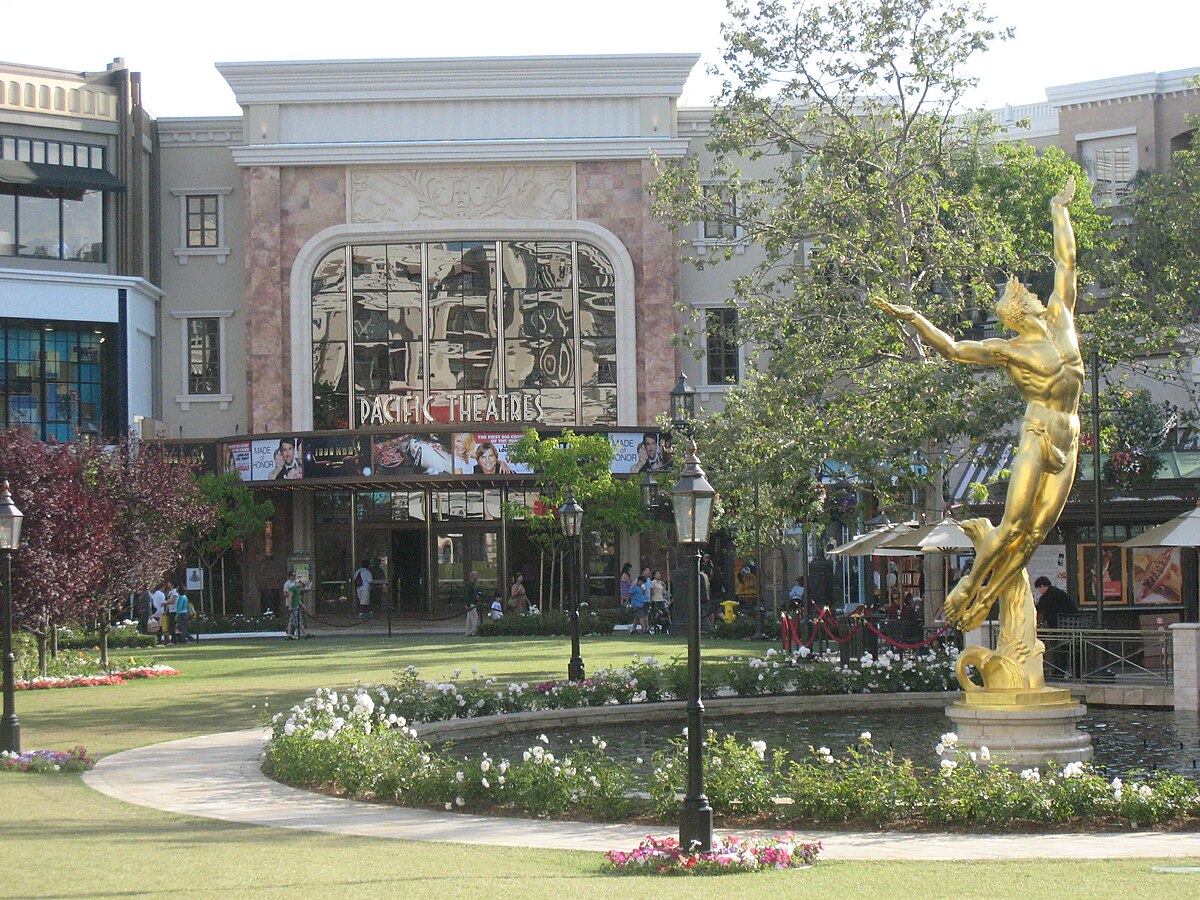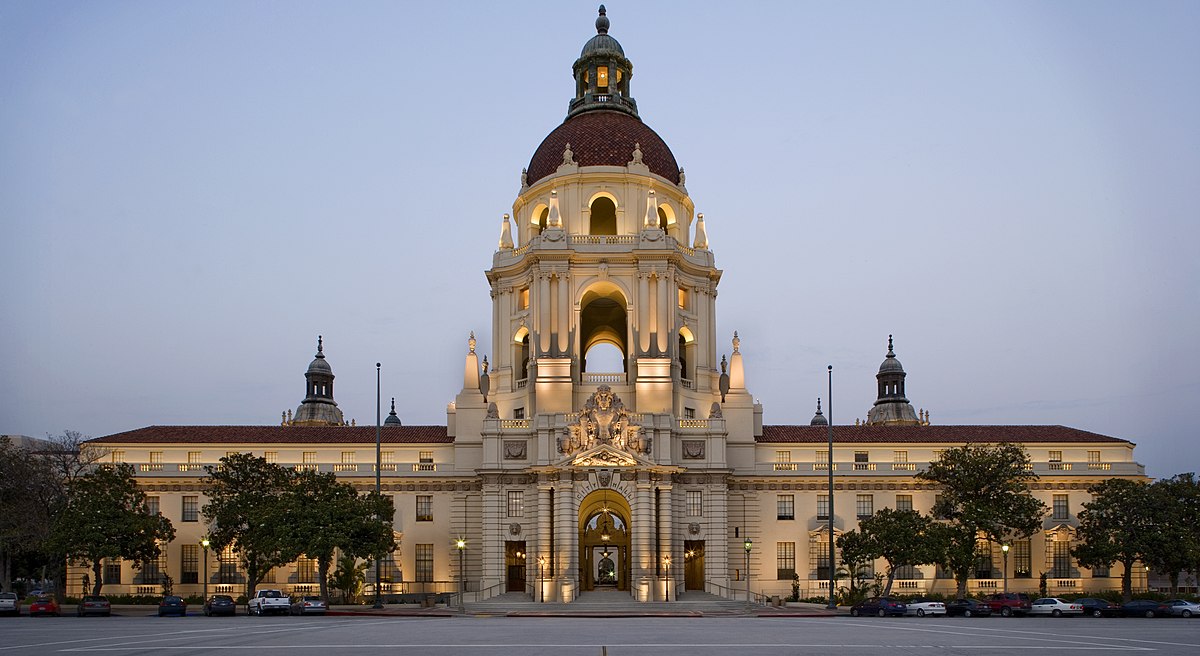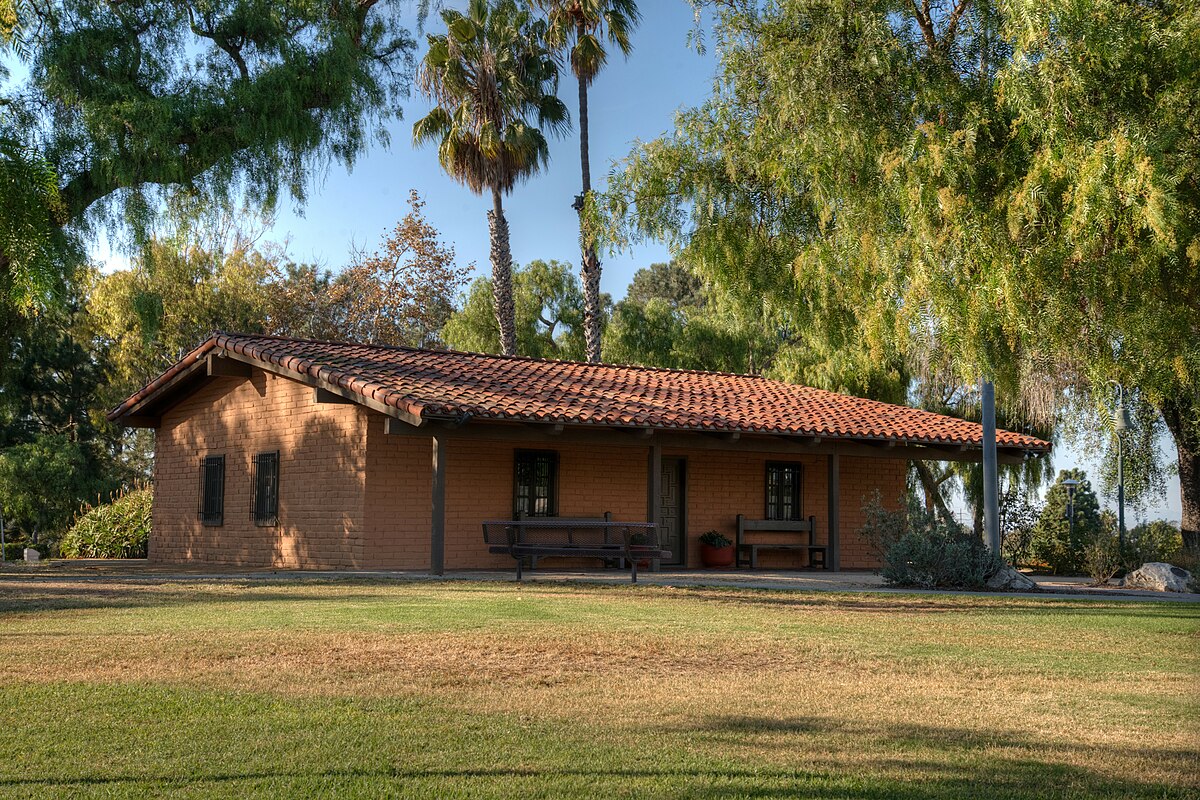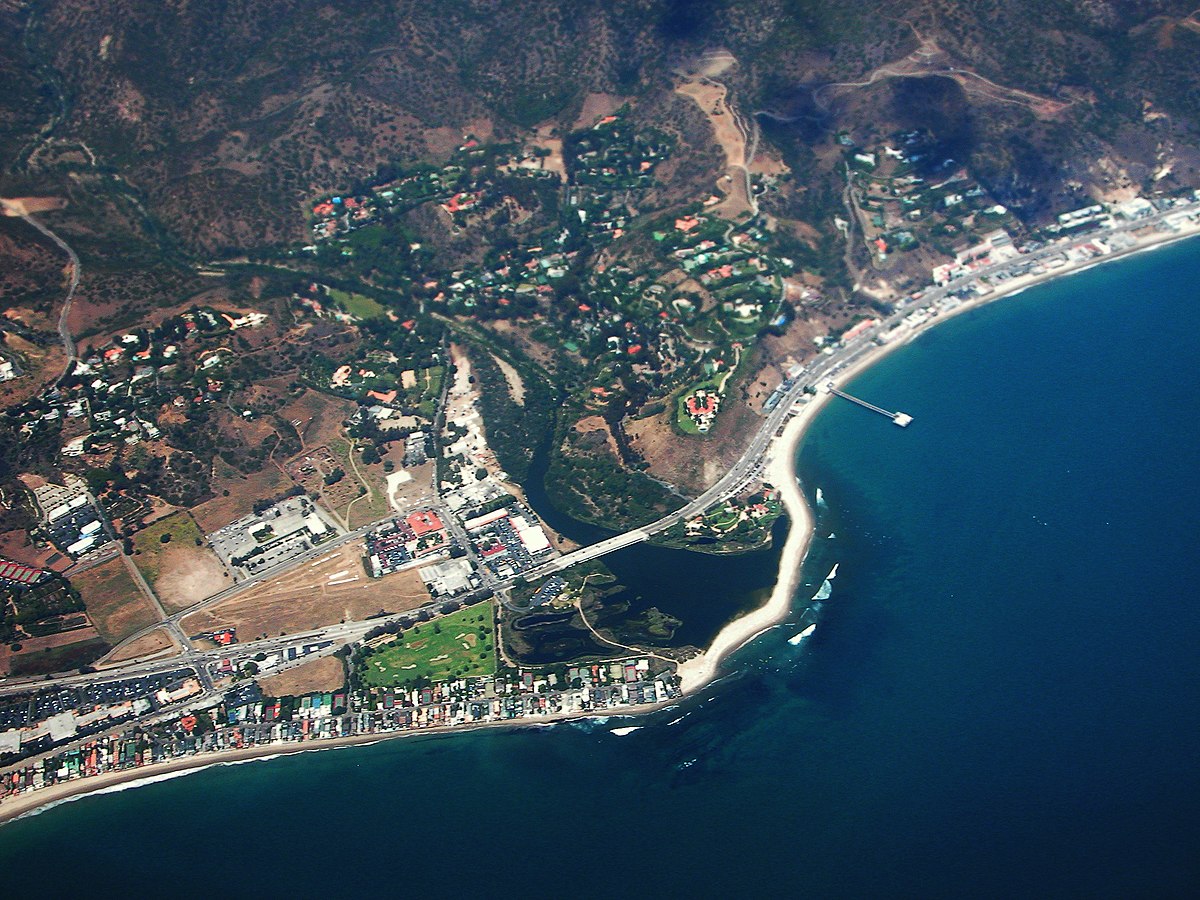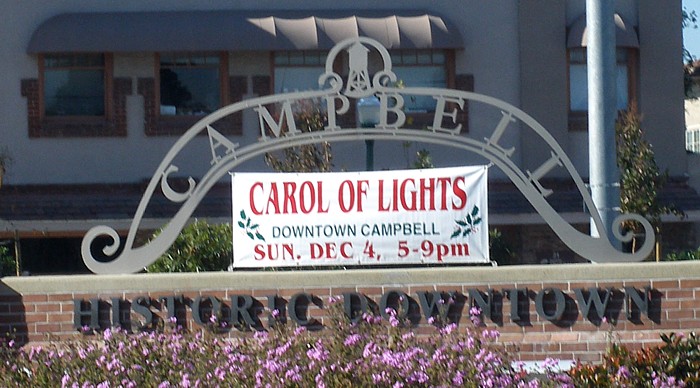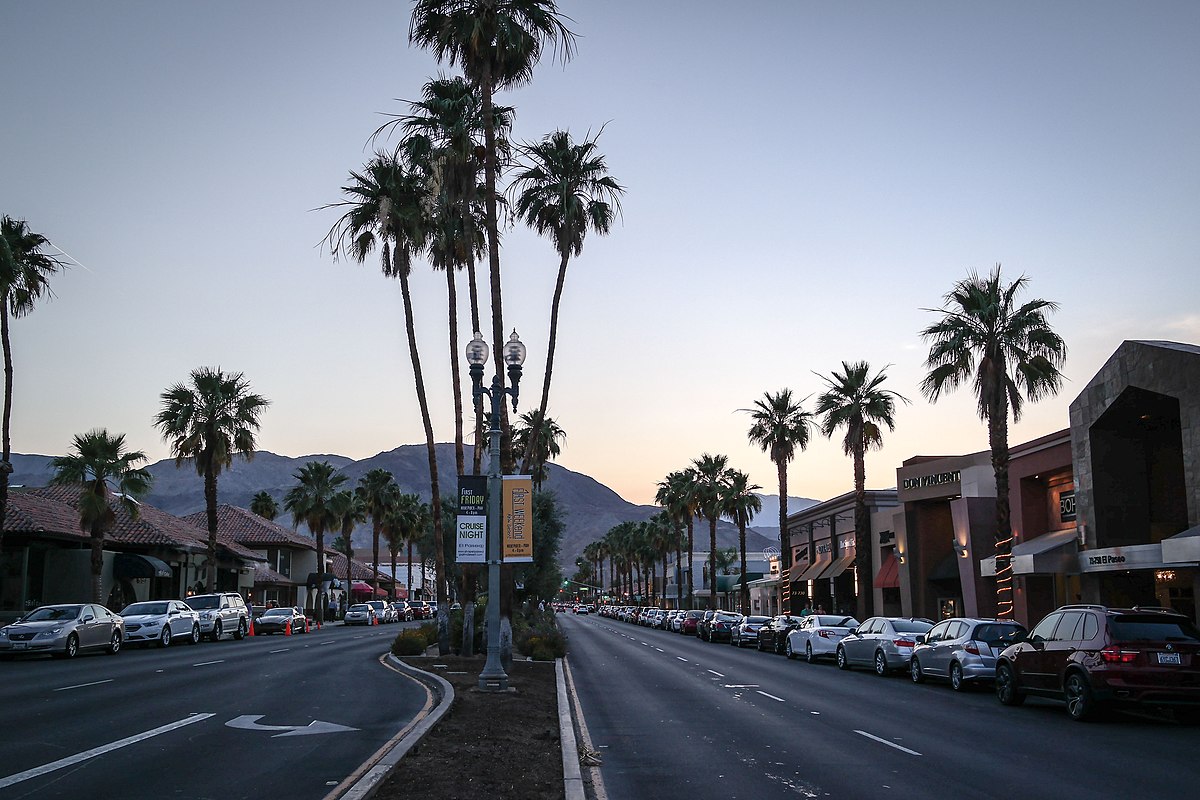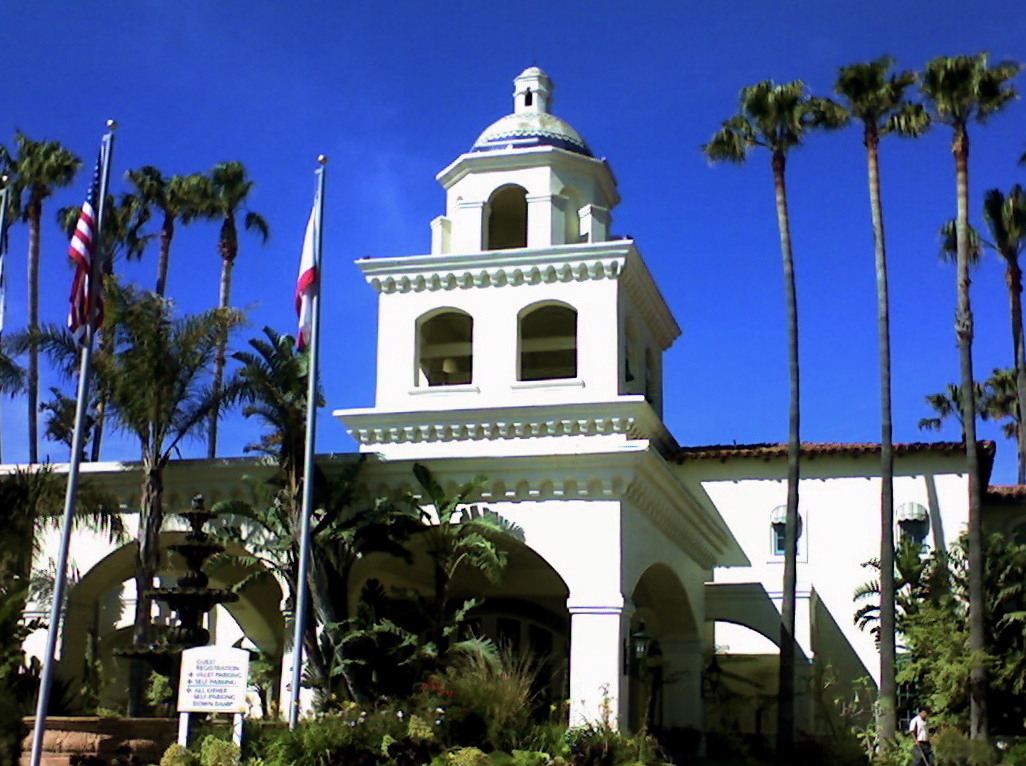FuturePAF
ELITE MEMBER

- Joined
- Dec 17, 2014
- Messages
- 10,534
- Reaction score
- 24
- Country
- Location
Yes, the cities absorb the new migrants (legal and illegal) but pre-Covid that plan was to also build up parts of the cities (such as Hudson yards in New York) to be the playground of the very rich (and largest taxpayers). But along came Covid, BLM, migrant crisis, etc. and we are financially if not politically back to a 80s-esque landscape.The bottom line is that older city populations are decreasing as the mid to higher income earners move to the suburbs. Cities are desperately trying to stay alive by welcoming ANYONE (even if they are illegal) who wants to move there. Unfortunately the people who end up moving there are not the biggest taxpayers causing budgets/services to be strained even further in a vicious circle. After all this encouragement to get people to move there they end up dumping the most undesirables (ie poorest) onto towns. Which only makes towns hate bigger cities even more.
Boston claims they have no room. That is ridiculous.
Boston had a population in the 800,000s in the 1950s. Now it is in the 600,000s. Do we really think housing was torn down?
yeah...well check this out.

Citywide Land Audit
In June 2022, Mayor Wu announced the release of the Public Land for Public Good: Citywide Land Audit. The autid is the City's effort to identify opportunities to use its property to improve the lives of Bostonians.www.boston.gov
View attachment 954814
This is not a tiny percentage of the city...and remember this is only the city owned land BTW.
They want nearby towns (which are close to 100% utilized) to tear down their perfectly good infrastructure and put up multifamily to help take on the city's overflow.
One issue is smaller cities ARE actually building multi-family units however they are not usually "affordable housing". They end up stealing the people Boston would expect to get with their higher-end housing.
I got a chance to visit S.F. in June, and it looks to be doing even worse, but the locals seem to love it, because it drives away the techies and gives them free reign.
Unlike Europe, you’re right that many want to live in the more affluent and better managed suburbs, but this “class segregation” is, IMHO, detrimental to the national ethos.
I think we are in for a turbulent 5-10 years, before we return to the trend of the 2010s, of the relatively well off returning to the cities. Many of the suburbs have reached a limit to their development and their tax bases may not be able to support their populations growing expectations.




